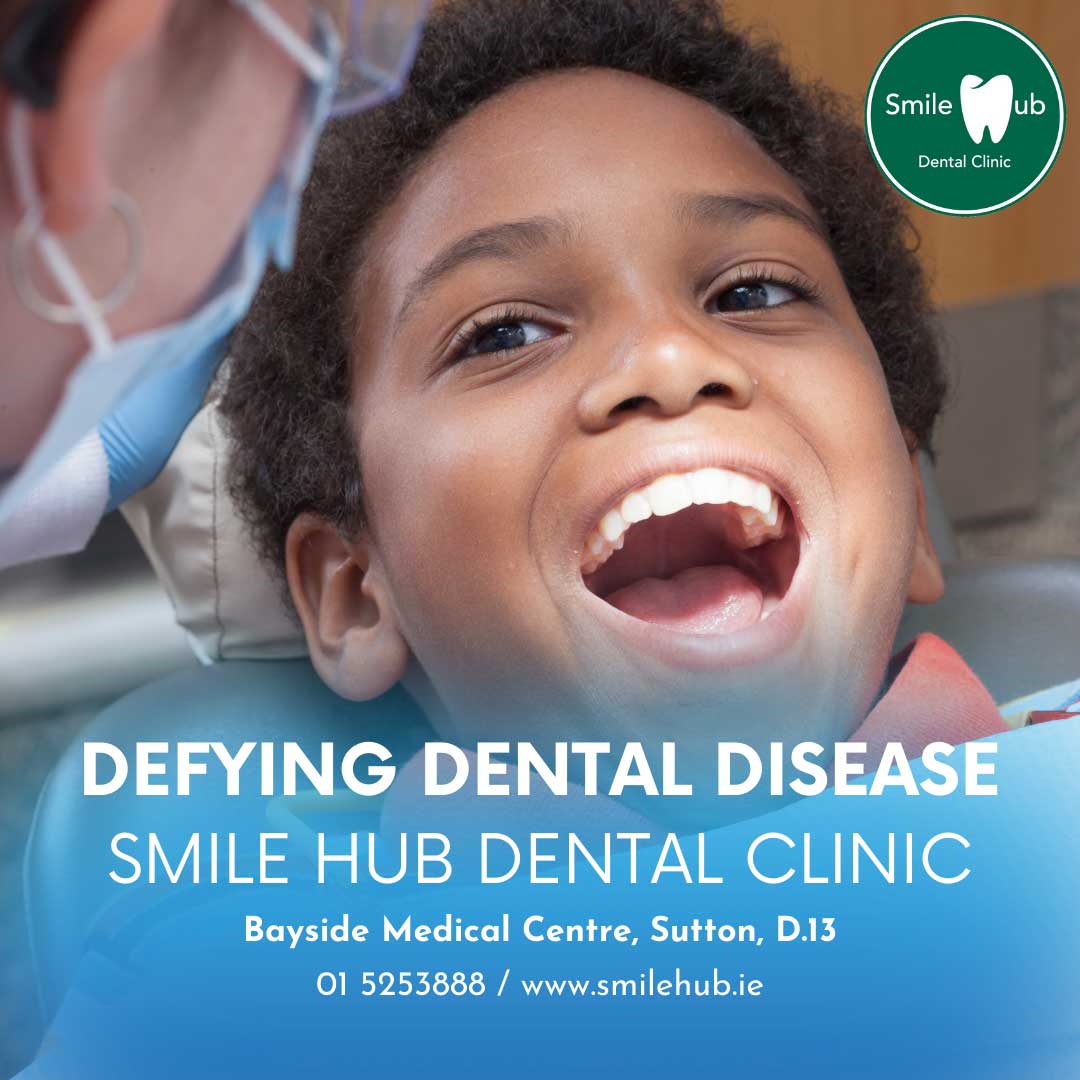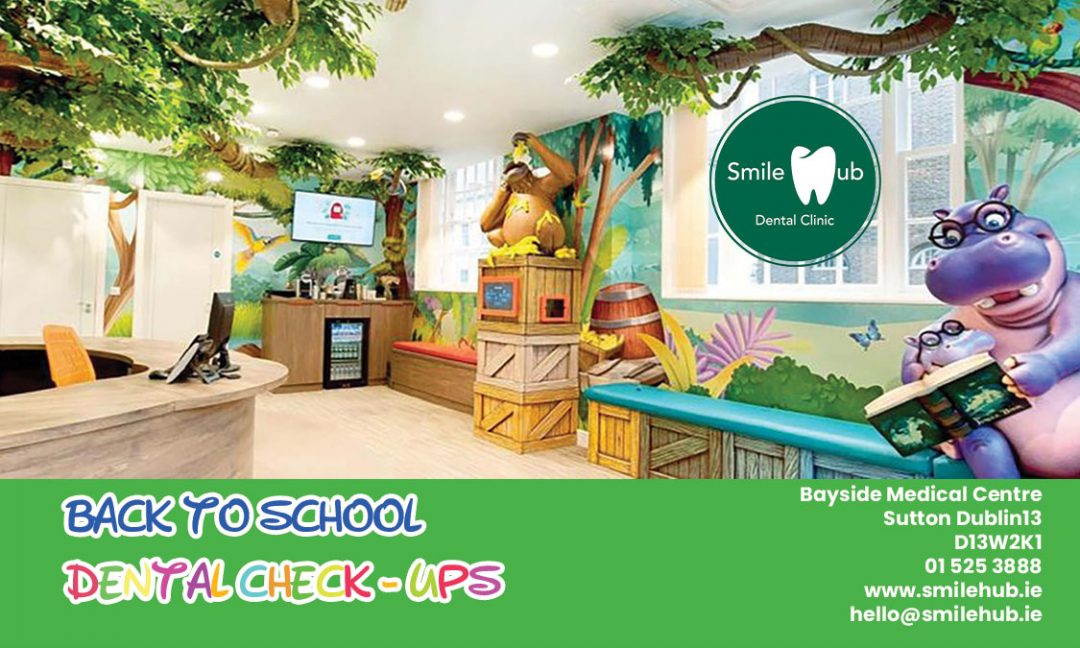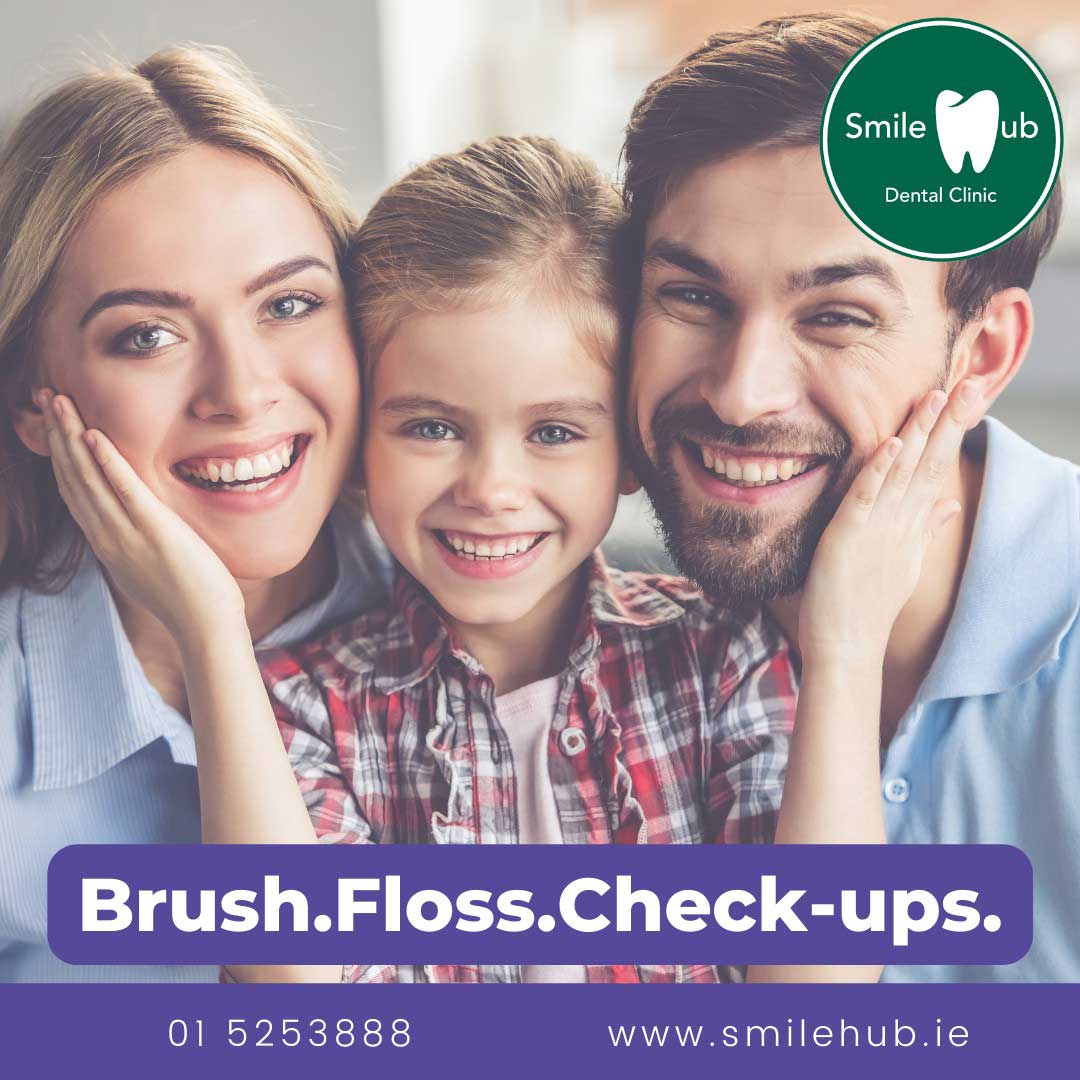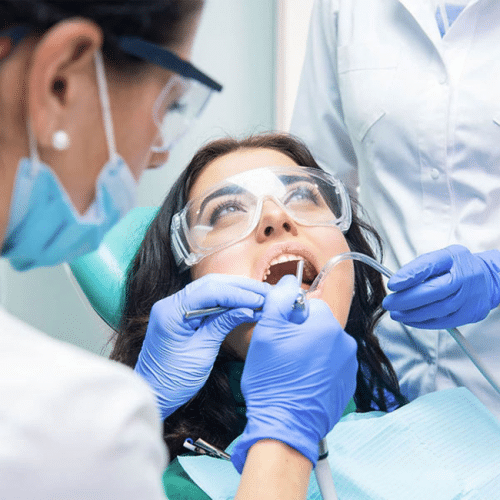Paediatric Dentistry
An expert in dentistry who treats children is known as a paediatric dentist. They devote their professional lives to helping children and people with special needs. They are licenced dentists who have completed an additional three years of paediatric dentistry specialty training.
All children from infancy to puberty can receive the best dental care possible with the help of this programme, which equips participants with the required skills. Paediatric dentists are highly trained in cutting-edge treatment methods and methods for controlling children’s behaviour in order to treat nervous children, kids with special medical needs, and to help every kid have a positive and enjoyable dental experience.
Examination
A thorough evaluation of the patient’s relevant medical and nutritional history as well as any prior oral trauma is part of the initial comprehensive examination. Radiographs and intraoral picture recordings may be used in this evaluation.
Preventative Care
We promote good oral health practises and collaborate closely with our patients and their families to establish efficient, enjoyable, and individualised home dental care routines. We also provide excellent guidance on product selection, method adjustments, and upkeep plans.
Restorations
In some cases, restoration is required in addition to continuous preventive maintenance and guidance. Options for restoration include pulp treatments, crowns, and fillings. The security, durability, and strength of each restoration are our top priorities.



























